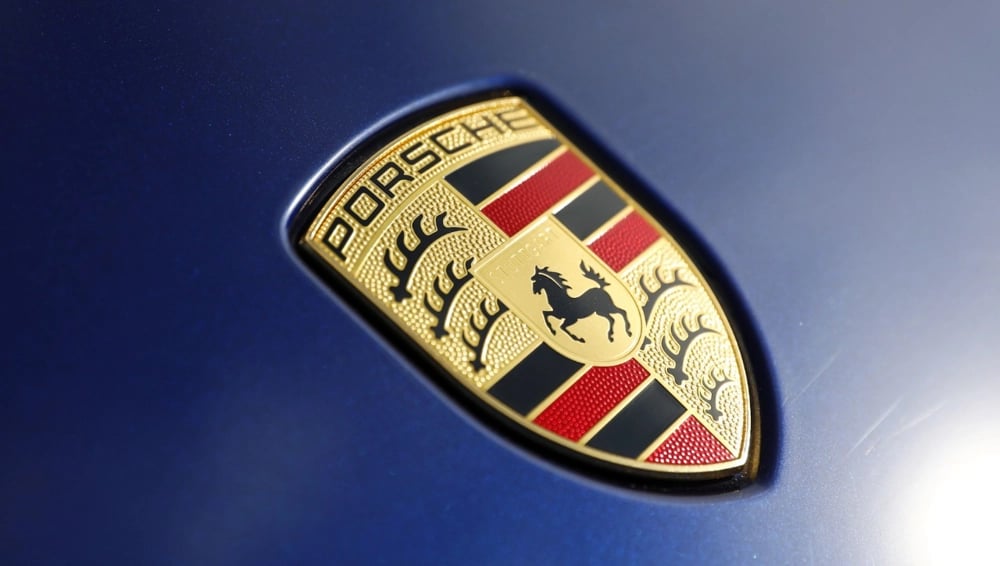Related Articles
Ethereum Consolidates Between $2400–$2800 Amid Rising Geopolitical Tensions
Ethereum $ETHUSD remains locked in a volatile consolidation range, trading between $2400 and $2800, as heightened geopolitical risks stemming from the ongoing Israel-Iran conflict continue to weigh on global investor sentiment. The second-largest cryptocurrency by market capitalization has failed to sustain momentum above key resistance levels, underscoring weak risk appetite and a cautious outlook in the digital asset space.
AMD Stock Rallies 9% as Piper Sandler Raises Price Target Amid GPU Recovery Expectations
Advanced Micro Devices, Inc. $AMD saw its stock price surge nearly 9% on Monday, following an upgraded price target from Piper Sandler. The upward revision reflects growing investor confidence in AMD’s next-generation graphics processing units (GPUs), as well as improved visibility regarding regulatory-related costs stemming from new U.S. export licensing rules. Analysts anticipate that AMD will absorb the majority of its expected $800 million regulatory expense in Q4 2025, paving the way for operational normalization in early 2026.
Sensex and Nifty Rally Amid Oil Price Dip and Global Equity Recovery Despite Middle East Tensions
Indian equity benchmarks Sensex $^BSESN and Nifty 50 $^NSEI surged nearly 1% on Monday, led by strong gains in the IT and oil sectors. The rally was supported by value-buying and improved investor sentiment across global markets, despite continued geopolitical tensions in the Middle East. Lower crude oil prices provided additional support for domestic equities, helping India’s markets outperform many Asian peers.








It's surprising to see such a shift for Porsche; adapting to market changes will be crucial for their future success.
Porsche's drop in profit margins highlights the challenges of adapting to an evolving automotive landscape.